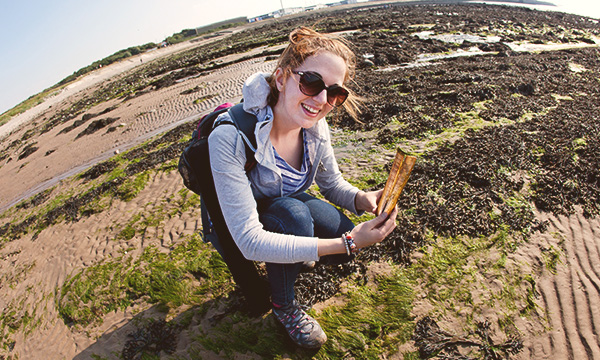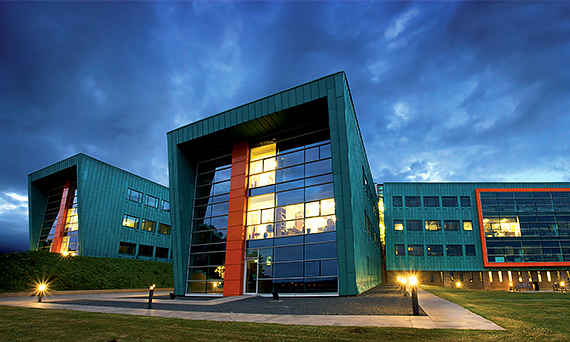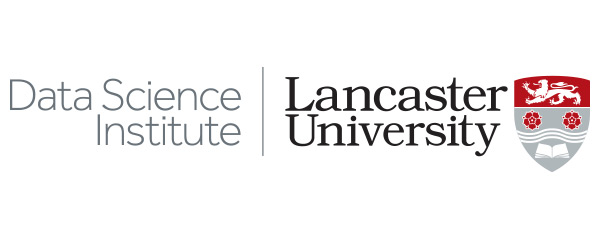Future Places Centre presents
1st and 9th July 2025
We are pleased to invite you to three thought-provoking colloquia hosted by the Future Places Centre at Lancaster University. Attendance is free, but please register via Eventbrite to secure your spot.
Modelling difference: future research agendas on the interconnection between natural and human environments
Wittgenstein argued in On Certainty (1969) that all models entail some assumptions that are not captured in the model. These assumptions have to do with what is viewed as relevant for that model and what can be ‘taken for granted’. In this view, models can never model everything, but express different purposes or perspectives. This does not mean that models are not fundamental tools, as their role needs to be seen as constrained by the purposes or perspective they start from. A concern to model the life cycle of particular plants in an ecological system may well provide rich insight into the species in question, but less about the interdependences elsewhere in the ecology; a concern with modelling a micro-organism and its consumption of nutrients might highlight how these nutrients are being degraded by microplastics but not where the microplastics come from or indeed the ‘life cycle’ of those microplastics. A different model would be required for the latter. This is not to say that model-making is always a limited affair, as that using models and trying to bring them together requires enormous care and sensitivity; there is an especial importance in their limitations, in their ‘edges’.
Yet, if purposes define these differences and edges, the emergence of truly fundamental concerns to do with climate change, biodiversity depletion and society are creating a new set of overarching purposes. Many researchers across disciplines and in government have begun to explore how these purposes may reconfigure data gathering and modelling techniques. The IPBES assessment exercise is an example of this and offers a high-level perspective on the ‘nexus’ between different factors, such as biodiversity, food production and human health. In a desire to offer immediate advice for policy, however, such research can elide questions of conceptual and methodological detail, such as related to the bringing together of models about different phenomena.
It is in this context that this colloquium ‘Modelling Difference’ is convened. Its purpose is to explore how to produce model-like understandings of the social and the environmental (and its diverse sub-elements) in ways that can be brought together (or at least used alongside), for the purposes of dealing with fundamental, ‘big issue’ research questions.
Keynotes will be presented by:
- Gordon Blair, Head of Environmental Digital Strategy at UKCEH,
- Rob Short, Head of Sustainable Materials Research Cluster, Sheffield
- Cai Ladd, Lead, Climate Action Research Institute, Swansea
- Rachel Marshall, Research associate, Future Places Centre, SCC
- Suzi Ilic, Coastal ecologies research, Lancaster Environment Centre, Lancaster
The colloquium will be of interest to anyone concerned with developing state-of-the-art methods for analysing the social and the environmental and/or wanting to develop new connections in the diverse research communities concerned.
Human practices in data: shaping a research agenda
For some years, phrases like ‘Data is the New Oil’ have suggested that data exist somehow beyond and separate from the practices that constitute them. The emergence of new forms of AI, which are themselves all dependent on data, build on such claims and lead to assertions about data ‘expressing’ intelligence as some kind of abstract phenomenon above and beyond the human practices that make the data used in AI machineries. Yet careful empirical research has shown and demonstrated that data-centric endeavours (of whatever kind) are intrinsically built on and entangled with human practices. They have also shown that this does not need to inhibit how the data in question can be used to offer useful views on the issues at hand, as long as that use is grounded in understanding of the practices that have produced that data in the first place (Kitchin: Data Lives, 2021).
So, what are these practices? How are they to be acknowledged when data is used? What difference does understanding those human practices make to the use of that data?
Presenters at the colloquium:
- Alex Taylor, Reader in Design Informatics, Edinburgh
- Dave Kirk, Professor of Human-centred Design, Director of Open-Lab, Newcastle,
- Richard Harper, Professor of Socio-digital Systems, Lancaster,
- Jan Hollinshead, Senior Researcher, Lancaster
This colloquium will share the state of play in thinking about data and the human practices, providing illustrative case studies of state of the art research, and helping develop fundable research strategies for future research.
Cultivating data natures
On Tuesday 9 July, Lancaster University’s School of Arts and the Future Places Centre invite you to an evening exploring how data shapes our relationship with place, environment, and the future.
Cultivating data natures brings together internationally renowned contributors in a lively, interdisciplinary setting. The event is presented in partnership with Abandon Normal Devices, Deco Publique, and Lancaster Arts, and marks the closing celebration of the Future Places Centre—Lancaster University’s interdisciplinary hub for experimental research into data, design, and environmental futures.
The theme of cultivation runs throughout the evening as a research and innovation method. We want to ask how we tend to data, how we nurture new imaginaries, and how we grow more just, sustainable, and imaginative relationships between people, technology, and the natural world.
Event Highlights
Jonathan Gray – Public Data Cultures
Drawing from his forthcoming book (Polity, October 2025), Gray offers a radical rethinking of public data as cultural and political material. Rather than framing data simply as a resource to be opened or protected, he argues for forms of public data practice rooted in care, participation, and solidarity—essential for making sense of today’s interconnected social and ecological crises.
BRiGHTBLACK – Gardeners of the 5th Industrial Revolution
A performance lecture set in a speculative future where artificial intelligence has liberated humanity from labour. In the GrowDome, the audience joins a group of post-labour gardeners navigating fossils, simulations, and hybrid consciousnesses to reimagine ecological life in a future Morecambe Bay. Combining storytelling, game engines, and participatory dialogue, BRiGHTBLACK ask: who are we becoming?
LUMI – Film by Abelardo Gil-Fournier and Jussi Parikka
A synthetic intelligence is trained on historical landscape photography in an attempt to repaint the Earth for climate repair. LUMI is a meditative video essay on snow, light, memory and machine vision—a planetary fiction that poses urgent questions about time, perception, and the aesthetics of environmental data.
Each of these events promises to offer valuable insights and foster engaging discussions. Don’t miss out—register today!


.jpg)












